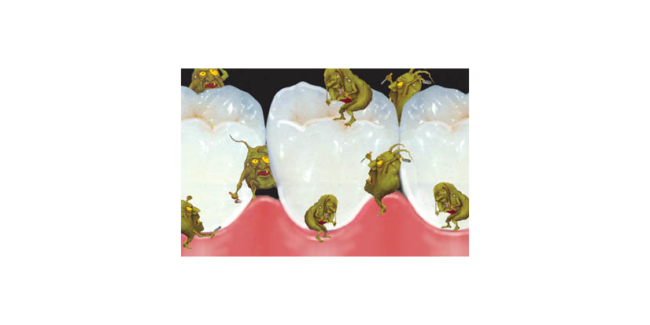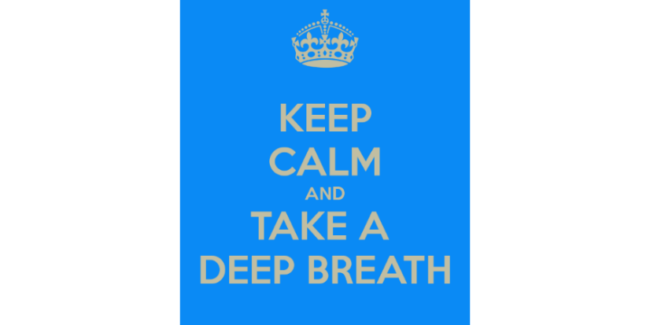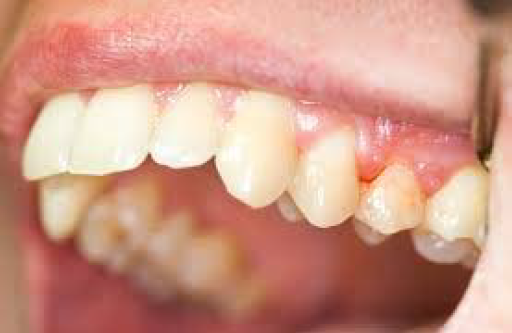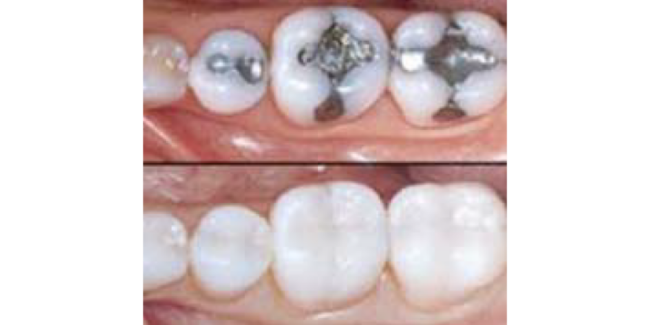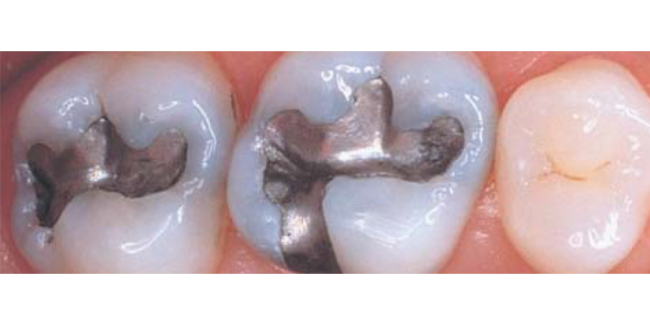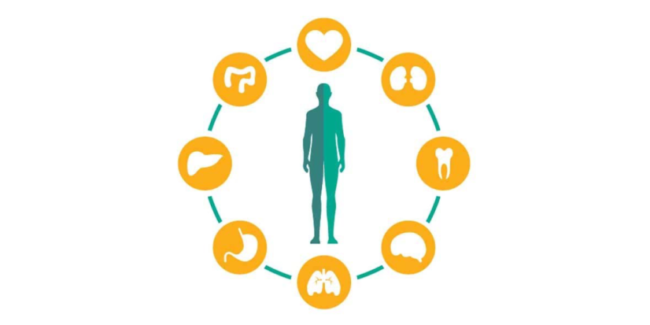Bad mouth, bad brain
Periodontal disease or more commonly called gum disease, is mainly the result of infection and inflammation of the gum and bone that surround and support the teeth. In its early stage, it’s called gingivitis. All chronic lifestyle diseases are linked fundamentally by inflammation and pathogenic oral bacteria can be related with several systemic and immune…

